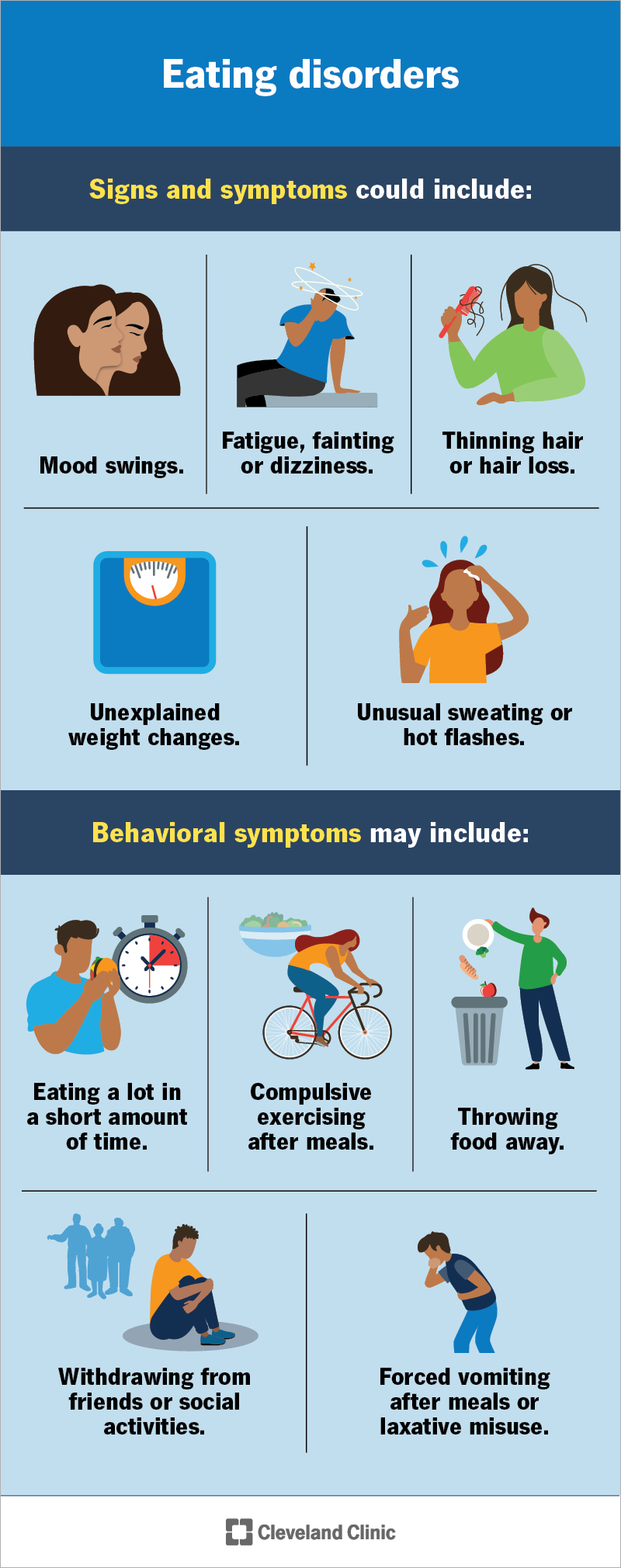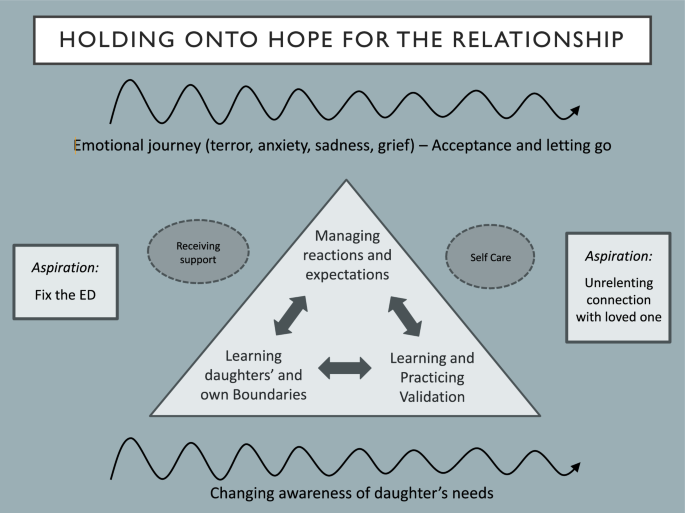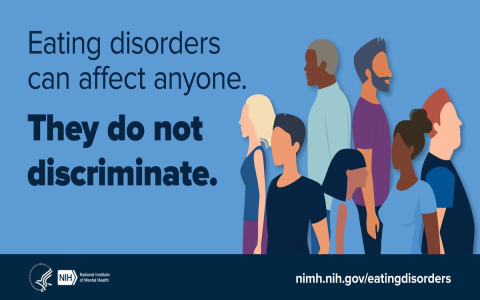Alright, let’s get into something that’s been on my mind lately. It’s about anorexia and how it messes with relationships. Not just the person going through it, but everyone around them too. I’ve seen this play out, and it’s tough, really tough.

Watching it Unfold
I had a friend, let’s call her Jane. Years ago. When things started getting bad with her eating, everything changed between us, and with her family too. It wasn’t like a switch flipped, more like a slow fade into something complicated.
First, communication just breaks down. You try to talk, you know? Ask if everything’s okay. But it’s like talking to a wall sometimes. Or worse, you get accused of nagging or not understanding. I remember trying to bring up concerns gently, just saying I was worried. It often ended in arguments or her just shutting down completely. You start feeling like you’re walking on eggshells.
Then there’s the social stuff. Eating is everywhere, right? Dinners, parties, even just grabbing coffee often involves a snack.
- Inviting her out became stressful.
- She’d make excuses, or come and visibly struggle, which made everyone uncomfortable.
- Eventually, the invites slowed down, not because people didn’t care, but because it was just so damn awkward and painful to watch.
It creates this huge distance. The person with anorexia often isolates themselves, maybe out of shame, or maybe because the illness itself tells them to. And the friends and family? They pull back too, sometimes out of frustration, helplessness, or just not knowing what the hell to do.
The Helpless Feeling
Honestly, the worst part for me, as a friend watching this, was feeling completely useless. You want to help, you want to fix it, you want your friend back. But you can’t force someone to eat, and you can’t force them to see they need help. You offer support, you listen, you try to be patient. But anorexia is powerful. It twists thoughts and logic.

I remember trying everything I could think of:
- Just being there, trying to talk about normal stuff.
- Suggesting gently that maybe talking to a professional could help.
- Trying to cook meals I knew she used to love.
None of it really broke through the illness’s grip back then. It felt like the anorexia itself was a third person in the relationship, actively working to push everyone else away.
What I Kind of Learned
Going through that experience, watching Jane struggle and seeing how it strained all her connections, taught me a few things. It’s not about blame. It’s an illness. A brutal one.
Patience is key, but so are boundaries. You can support someone, but you can’t let their illness consume your life entirely either. It’s a really fine line to walk. And honestly, professional help is usually needed. Not just for the person struggling, but sometimes for the family and friends too, to figure out how to cope and how to actually help without enabling or making things worse.
It’s messy. Relationships where anorexia is present are incredibly complex. There’s love, there’s worry, there’s frustration, there’s fear. It takes a massive toll on everyone involved. It’s something we don’t talk about enough, the ripple effect of it all.










